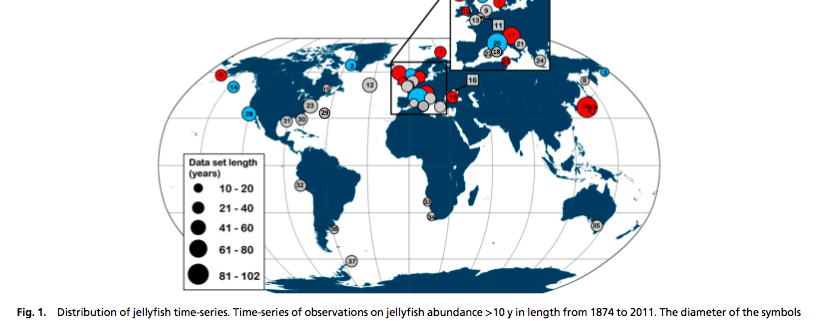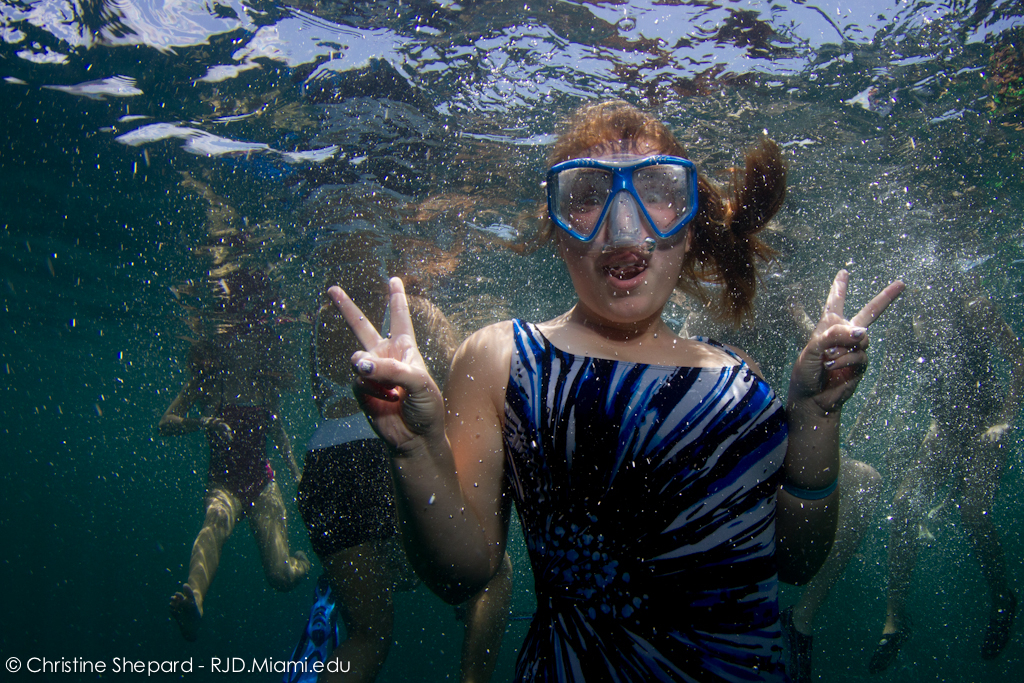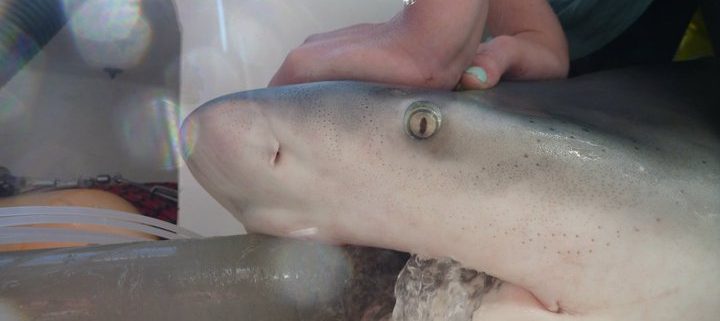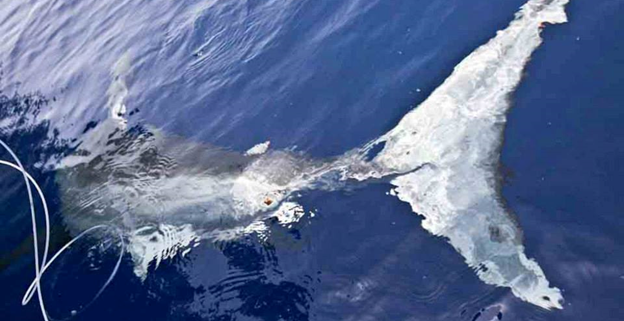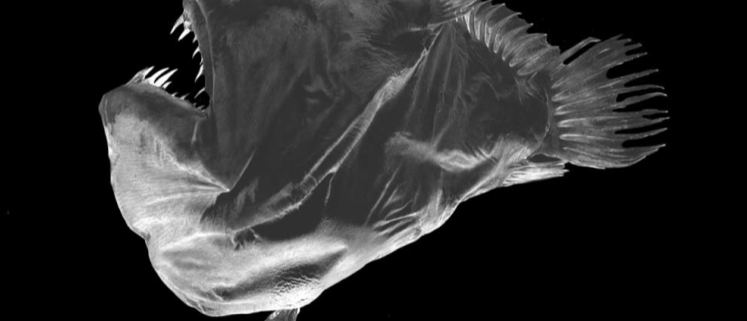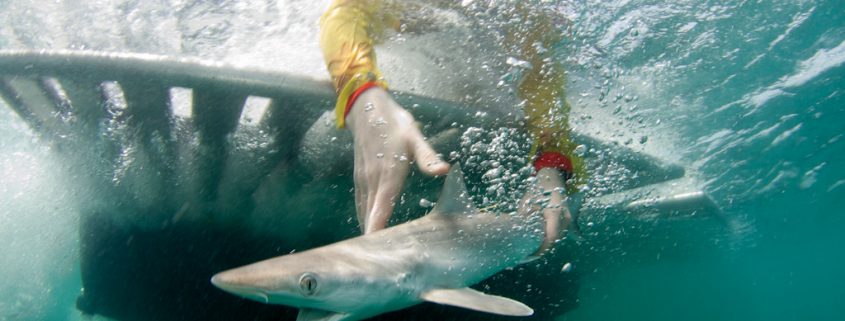Jellyfish Blooms are the Result of Global Oscillations
by Megan Piechowski, RJD Intern A recently observed increase in the abundance of jellyfish populations has been suggested to be a symptom of deteriorating oceans. Other indicators include: ocean acidification, eutrophication, and declining fish stocks. However, this conclusion might have been reached prematurely as a thorough and formal analysis of the long-term fluctuation of global […]
Coastal Habitat Modification and its Impact on Sharks
by Fiona Graham, RJD Intern and Masters student New canals are being built, waterways are undergoing modification, coastal urbanization is on the rise and mangrove, seagrass and other coastal vegetation cover is decreasing. Changes in coastal geomorphology alter sedimentation patterns and consequently the physical and biological structure of nearshore habitats is changing. Artificial habitats generally […]
Shark Tagging with Coral Shores high school: RJD staff reactions to seeing a great white shark
by Becca Shelton, RJD intern If someone had told me that there was a chance I was going to see a great white on one of our trips, I honestly don’t think I would have believed them. White sharks happen to be my favorite shark and I honestly can’t explain how it felt seeing one […]
Reproduction in the deep sea
by Megan Piechowski, RJD Intern Have you ever wondered how small, sparsely populated fish find each other to mate in the deep, dark ocean? Due to the unusual light organ that is found dangling over the mouth of a certain deep-sea creature it is likely one of the most well-known and recognizable fish that dwells […]

